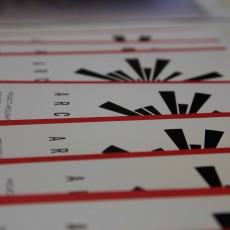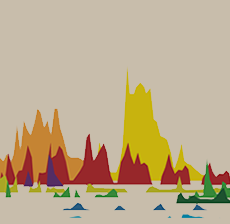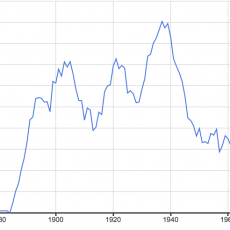As the Arclight Symposium was a meeting ground for media historians with varying degrees of familiarity with the digital humanities, a few concepts caught the attention of participants, including myself, who are still learning the nuances of digital tools, methods,

#arclight2015 in Brief: Media Historians Dive Deep into Digital Humanities
From May 13 to 15, I had the opportunity to attend and participate in the Project Arclight Symposium alongside twenty-four media historians and digital humanities scholars from across Canada, the U.K., Australia, and the U.S. Held at Concordia University

Digital Humanities: A Beginner’s Guide
If you are new to digital humanities methods and scholarship like me, coming to a general understanding of what comprises the digital humanities can often feel like an overwhelming task. In this article, I survey a few introductory texts that

Three Myths of Distant Reading
“To understand literature … we must stop reading books” (Moretti qtd. in Schulz). This provocative statement appears in Kathryn Schultz’s New York Times article about distant reading. To those unfamiliar with digital humanities scholarship and Franco Moretti’s approach of distant

Why Digital Humanities? 12 Reasons for Media Historians
As media historian Bob Nicholson points out in his article “The Digital Turn,” while the downfalls of the digital turn in the humanities have been mapped out, affirmed, and reasserted, the “advantages of digitalization have been treated as too obvious
